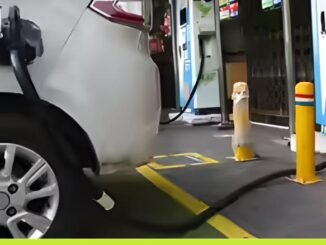
New Delhi – Delhi Transport Minister announced on August 27, 2025, the capital’s plans for a comprehensive EV Policy 2.0, scheduled for release in 2026, featuring an innovative Resident Welfare Association (RWA)-centric Right-to-Charge clause. This groundbreaking policy framework addresses one of the most persistent barriers to electric vehicle adoption in urban India: the lack of accessible charging infrastructure in residential areas, particularly high-rise apartment complexes and gated communities.
Revolutionary Right-to-Charge Provisions
The centerpiece of EV Policy 2.0 is the Right-to-Charge clause, which will legally empower residents to install charging infrastructure in residential complexes, even when facing resistance from housing societies or landlords. This provision directly tackles a major urban challenge where individual residents often struggle to access charging facilities due to complex approval processes, space constraints, or opposition from building management. By creating a legal framework that supports charging infrastructure installation, Delhi is addressing a critical gap that has limited EV adoption in densely populated urban areas.
Comprehensive Fleet Electrification and Environmental Goals
The policy includes ambitious targets for complete electrification of Delhi’s Delhi Transport Corporation (DTC) fleet by 2026, making it one of the first major cities globally to achieve full public transport electrification. Additionally, the policy mandates zero-emission construction equipment and establishes mandatory battery recycling targets, creating a circular economy approach to electric mobility. These provisions demonstrate Delhi’s commitment to comprehensive environmental protection that goes beyond just passenger vehicles.
Norway-Inspired Policy Innovation
Drawing inspiration from Norway’s remarkable success in achieving 94% electric vehicle sales, Delhi’s EV Policy 2.0 incorporates proven international best practices while adapting them to Indian urban realities. The policy framework reflects lessons learned from global leaders in electric mobility, particularly focusing on creating comprehensive ecosystem support rather than isolated incentives. This holistic approach positions Delhi as a potential model for other Indian cities developing their own electric mobility strategies.





